How to Get Rid of Ants in Vegetable Garden
Are you looking for effective natural ways to get rid of ants in your house and garden? Like many common 'pests', ants are drawn to areas where they are likely to find a food source — which can become problematic when you're dining alfresco during the summer months.
Ants are social insects, which means that when one enters your home, others will soon follow. While it might be frustrating to control the number of ants you have, there are plenty of effective ways to keep the pesky insects at bay without harming them.
How to get rid of any indoors
1. Using citrus fruits
Ants hate the smell of strong citrus fruits. Save your orange, lemon and grapefruit peels and scatter them around entry points. It's a natural way to deter ants without harming them.
2. Sprinkle coffee grounds
Coffee grounds are brilliant for deterring ants, too. Use yours to create a 'barrier' for the ants. They won't like the feeling underfoot, so place them around entry points.
3. Use peppermint oil
If you've got ants in your bathroom or kitchen, pour some peppermint oil onto a cotton wool pad and place them around the room. It might not look pretty, but it's a surefire way to keep ants at bay as they repel the strong smell. Ensure you place them close to dustbins, compost heaps or doors to the garden.
4. Tea Tree Oil
Another ant-repelling oil, mix up to 10 drops of tea tree oil is a large spray bottle and clean infected areas. You can also try soaking cotton wool or tissue and leaving in hotspot areas.
5. Oil of lemon eucalyptus (OLE)
Not to be confused with lemon eucalyptus oil, OLE comes from an Australian eucalyptus tree which contains PMD. Classified as a bio-pesticide, PMD has been found to work as a good insect repellent.
6. Cinnamon
Another kitchen essential that ants don't like is cinnamon. Again, place it around the areas where ants are coming into your home. Aim for doors, windowsills, floors, flower pots and any tiny gaps.
Ants repellents

Lemon Eucalyptus Insect Repellent
Repel amazon.com
US$11.90

Diatomaceous Earth
HARRIS amazon.com
US$19.99
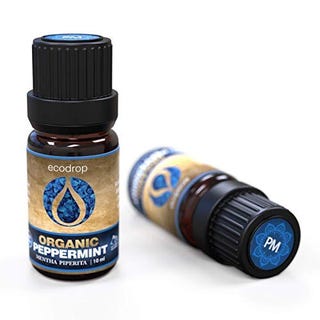
Peppermint Oil
ecodrop essential oils amazon.co.uk
£6.50
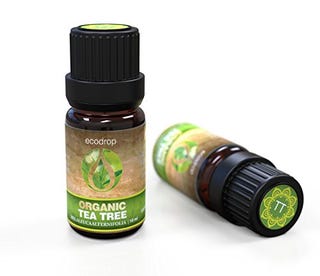
Tea Tree Essential Oil
ecodrop essential oils amazon.co.uk
£5.99
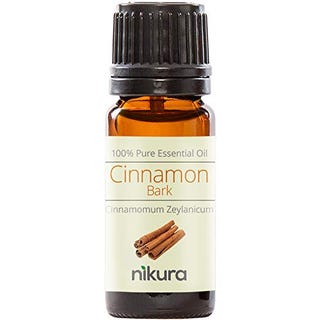
Pure Cinnamon (Bark) Essential Oil
nikura amazon.co.uk
£3.95
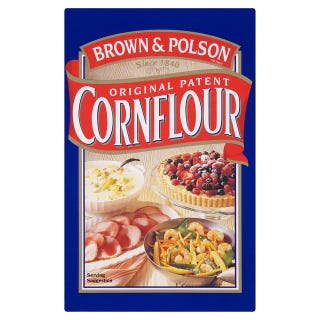
7. Cinnamon leaf oil
For the same reasons as above, cinnamon oil can also be used as an ant repellent. It includes a compound called trans-cinnamaldehyde which has been found to be effective.
8. Vinegar
The next time you mop your floors, add a dash of vinegar to your water or cleaning solution. Ants also hate the smell of vinegar. Vinegar can also be used to wipe down surfaces, clean mirrors (with no streaks) and sanitise doorknobs.
9. Cayenne pepper or black pepper
Create a wall of pepper around the area where ants are entering. Much like vinegar and cinnamon, the insects can't stand the strong smell. Alternatively, you can also try mixing pepper with water and creating your own homemade cost-effective spray. This method works wonders without harming the ants.
10. Chalk
Ants don't like lines of chalk in the garden as it disrupts their scent trail. If you have some chalk, simply draw some circles and lines on the ground around the areas where you want them to stop entering. It's only a temporary solution, but it will certainly stop the insects in their tracks.
11. Diatomaceous earth (silicon dioxide)
The name of this substance might make it sound serious and harmful but diatomaceous earth is a type of silica that works by drawing out oils in insects and so drying them out. It can be an irritant for humans so avoid breathing it in.
12. Detergent sprays
Instead of spraying the ants, spray and clean the area where ants congregate or enter the home. This will remove the smell they leave behind and so not attract any more. Glass cleaner or diluted washing up liquid can work in this way.
13. Boiling water
Pouring boiling water on ant holes is obviously not harm-free but it is chemical-free. Remember that ant hills are small but the network of tunnels underneath can be large.
14. Cornflower
Putting cornflower directly onto ants, if a group has gathered in your home, will smother them. You can then vacuum the entire area to get rid of both the ants and the cornflower. It that is not effective, add water to the cornflower once it's on the affected area. Do not vacuum if the area is wet.
15. Check your houseplants
Ants have been known to make nests in the soil surrounding houseplants so check them regularly if ants are a problem in your home. To deter them, put coffee grounds or citrus peel on top of the soil.
16. Never leave food out on surfaces
Be sure to never leave food out for longer than necessary in the home, especially sweet treats or fruit as ants are attracted to the smell of sugar. Always remove food and wipe down the surface so as not to leave any sugary residue.
17. Fill holes in your walls
Survey your walls for small gaps, cracks and crevices. Not only will this help prevent ants from entering your home, but a host of other insects and potentially larger pests, too. Fill any holes you find with filler or plaster.
How to get rid of ants outdoors
18. Check the front and back garden
Check the outside walls of your home to make sure there aren't any ant hotspots along the perimeter. Ants nesting along your external wall are more likely to find their way inside. If you find a nest, use one of the above methods to repel.
19. Make sure your compost is far enough away from the house
Compost bins and heaps are great for many reasons, including recycling food waste and helping nourish the garden, but they do also attract insects. This is not a bad thing and should be encouraged but make sure your compost heap is far enough away from your house so they don't come roaming indoors.
20. Regularly empty bins, inside and out
On the same vein, a bin full of food is also very appealing to ants so make sure you empty it regularly. Ants are attracted to standing water so don't allow food juices to develop at the bottom of your bin.
Like this article? Sign up to our newsletter to get more articles like this delivered straight to your inbox.
SIGN UP
7 houseplants to help keep insects out of your home

Basil
If you want to keep those pesky flies and mosquitoes away then try keeping basil in your home. The herb has been used for pest control since ancient times, due to its strong aroma and oil. As a bonus, it also makes for a tasty garnish.
BUY NOW

Lavender
Lavender is a good natural choice for keeping bugs at bay. Not only does the herb smell amazing but also repels flies, beetles and even fleas. This is due to the lavender oil. And if that wasn't enough, the plant looks great as a table decoration.
BUY NOW
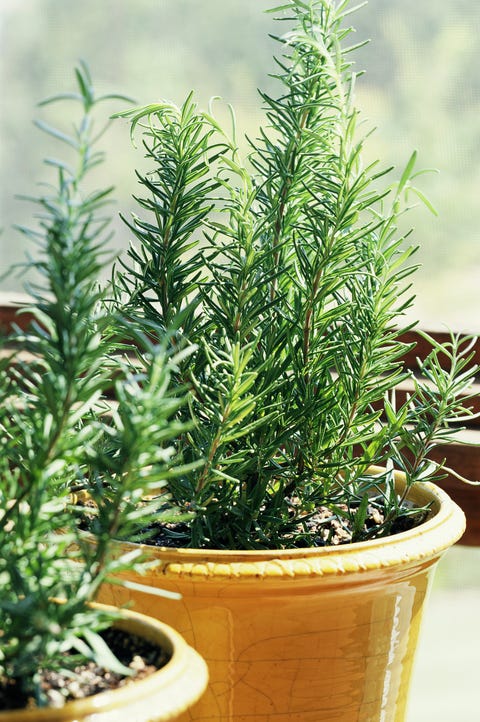
Rosemary
You may just think of rosemary as a wonderful ingredient to dishes, but the herb is also great for repelling bugs. Its intense fragrance will ward off irritating gnats and midges. It's best to keep an entire rosemary plant in your kitchen – close at hand for cooking but also useful for keeping bugs out of your house.
BUY NOW

Lemon balm
What makes lemon balm so effective as an insect repellent is its high levels of a compound called citronellal. So rather than using toxic chemical repellents, just place a lemon balm plant in your home to keep bugs away.
BUY NOW
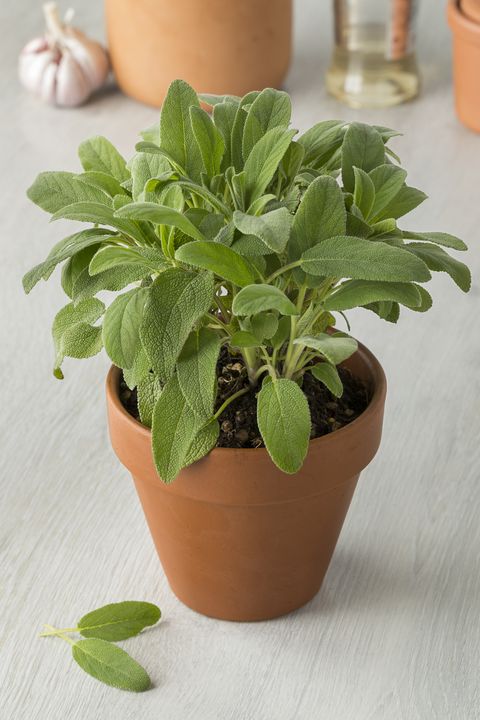
Sage
Sage's strong smell and oil both act in repelling mosquitoes and flies. Keep a sage plant in your home, and then take cuttings and burn them once the leaves are dried out. This is particularly good for when you're entertaining alfresco.
BUY NOW

Common marigold
The scent of common marigold deters flies, gnats, mosquitoes and midges. So there's no need to buy mosquito spray when you have this natural, bright and beautiful insect repellent.
BUY NOW

Carnivorous plants
One of the more obvious ways to banish flies is to buy a Venus fly trap, or Dionaea. Carnivorous plants lure the insects in with scent or colour, then catch and eat them. It might sound a little gross but it works.
BUY NOW
This content is created and maintained by a third party, and imported onto this page to help users provide their email addresses. You may be able to find more information about this and similar content at piano.io
How to Get Rid of Ants in Vegetable Garden
Source: https://www.countryliving.com/uk/homes-interiors/interiors/a32668439/how-to-get-rid-of-ants/